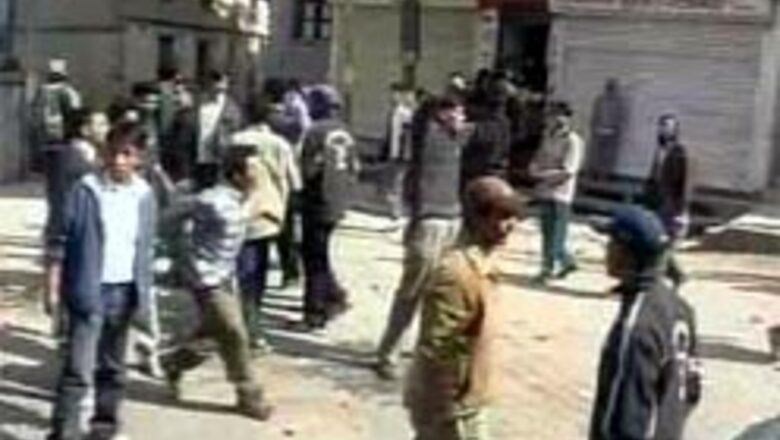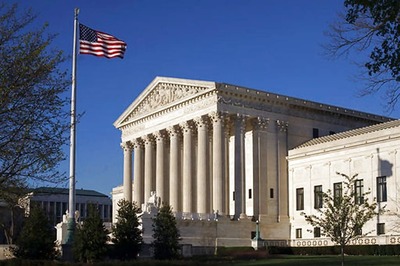
views
Kathmandu: Anti-monarchy protests persisted in the Nepali capital Kathmandu on Tuesday despite a steady drizzle as diplomats said the movement against King Gyanendra appeared to be reaching a climax.
It was the 13th day of a general strike and protest campaign launched by a seven-party political alliance which wants the king to restore multi-party democracy.
Hundreds of people gathered in various parts of the capital and attempted to take out a procession, but were prevented by police. No one was injured.
At least five people have been killed and hundreds wounded in police action on protesters during the campaign, which has brought the impoverished nation to a standstill.
Diplomats said time appeared to be running out for the monarch. "We could see him toppled if he doesn't do something in the next few weeks or days," said one. "I am very afraid we are moving into a revolutionary situation."
The king held talks with the US, Chinese and Indian ambassadors on Sunday, and indicated he could meet some of the protesters' demands. But diplomats said they knew of no specifics.
"He has to hand over power to the political parties," the diplomat said. "And if he does not, it's not looking good."
The parties have called for mass rallies on Thursday, the 15th day of the campaign, and have vowed to bring out hundreds of thousands of people on the street. But they have not specified what will happen after that.
King Gyanendra sacked the government and assumed full power in February 2005, vowing to crush a decade-old Maoist revolt in which more than 13,000 people have died.
He has offered to hold elections by April next year, but activists say he cannot be trusted and should immediately hand over power to an all-party government.
The Maoists have formed a loose alliance with the political parties and have not launched any operations in the Kathmandu Valley since the start of the protest campaign.
Under an agreement with the parties, the Maoists have agreed to join the political mainstream once the royalist government is overthrown.
"It is no more a movement by the seven political parties or anybody, it has become a popular movement," Maoist chief Prachanda and his deputy Baburam Bhattarai said in a joint statement on Monday. "All it needs is a final push."




















Comments
0 comment